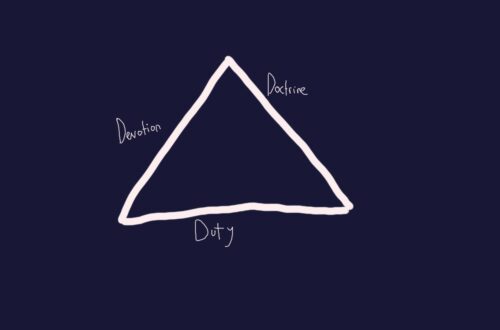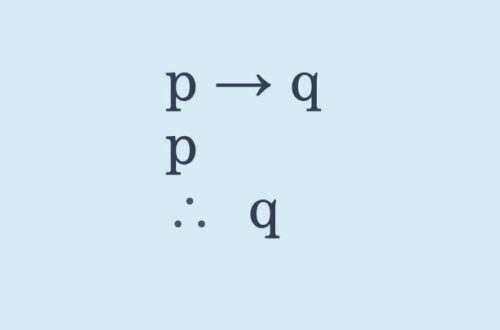It is tempting to say the following:
S can answer a question correctly only if S knows the answer to the question.
However, we should resist the temptation. Consider the following:
When I was about 11years old I was sitting in a classroom, my gaze fixed firmly on the cricket pitch outside and paying no attention to what my teacher was saying.
Then I heard my name.
“Ben, can you tell us where the ship sprung a leak?” my teacher asked.
Now everyone’s gaze was fixed on me. “Hull” I said without a pause.
“Yes, well done Ben” my teacher replied and carried on talking.
Now the backstory: When the teacher asked me where the ship had sprung a leak, I had interpreted him to mean where on the ship a had hole appeared. Well, where else but the hull of the ship? So that’s what I said. But the teacher was asking me a quite different question: in what location had the ship sunk? The answer was: the port city of Hull in northern England.
So, was I right?
On one hand, I used the correct word. And, like guessing and getting a multiple choice question right, I would get the points. On the other hand, I had no idea that a ship had recently sunk let alone in which port it had happened. So, I did not know the answer.
So, did I answer correctly? I say, yes. I gave the correct answer, but did not know the answer.
“That’s not right” you may say. My view would entail that an answer to a question is correct if and only if the words used are the correct words. If someone asks me, “who was the teacher of Aristotle?” and I reply, “Plato”, I would be correct even if I am thinking about my dog, Aristotle, and my local dog-trainer, Plato.
What if I sat my intro to philosophy exam without knowing anything about philosophy? Knowing that the exam is a multiple choice exam, I studied the words to all the questions. I don’t know who or what Leibniz is, but I do know that when I see the words, “who came up with the theory of monads?” I will write the word “Leibniz.”
Now, this might sound like a terrible conclusion. It would mean that it is possible to ace one’s history of philosophy final and know nothing about the history of philosophy. This should be reason enough to abandon Scantrons as the means by which we test a student’s knowledge.
So let’s say, no. In order to get the answer correct you must know the answer. I have to know that the answer to the teacher’s question is ‘the ship sank in the port of the city of Hull.’ Moreover, I have to know what those words mean. I can’t just recite them as if I am reciting words in a language I don’t know. To get the correct answer I have to know the answer.
Here is one problem that might follow: it is unclear, if we take this view, as to how much a person would have to know about the answer to get the answer right. More importantly, what are the criteria for determining what counts as knowing enough about the answer to be correct when saying it? How much do I need to know about Hull when I say “Hull” in answer to the question?
Furthermore, what if, having left the classroom, I still had no idea about any ship sinking in the port of Hull? (Perhaps upon correctly identifying the part of the ship that springs leaks I returned to gazing at the cricket pitch). After class, as I saunter along, a boy comes up to me and says, “did you hear about the ship that sunk?” “Yes” I reply, “it sprung a leak in the hull.”
Now, though the boy knew that a ship had sunk, he had no idea where. But now he is under the impression that the ship had sunk in the port of Hull (because he thinks that is what I have just told him). Would it be right to say that he knows that the ship sunk in the port of Hull?
On a standard view of knowledge there must be a true belief that is somehow justified or warranted. What exactly warrants the boy’s knowledge? It can’t be my knowledge. I still have no idea that the ship sank in the port city of Hull. And the boys knowledge appears to be an accident, a co-incidence of a word being the same for two different things, a port and a part of a ship. It would be like glancing at a stopped clock and coming to believe the time it told and it actually being that time. In fact, if you asked the boy what reason he has for thinking the ship sunk in the port city of Hull, he would not have one (c.f. Dean Pettit, “Why Knowledge Is Unnecessary for Understanding Language”)
If the boy’s belief that the ship sunk in the port city of Hull is not justified (or warranted), then he does not know that the ship sunk in the port city of Hull. If the boy went to his friend and told him the the ship sunk in Hull, he would be as correct as me even though he has in mind the port and I have in mind a part of the ship.
There is one possible reply to all this. Perhaps the question is about what makes a correct answer. What exactly is a correct answer? At least it involves correct reference. I shall return to this topic in a later post to suggest that it is possible that I said the correct word–‘hull’–but neither knew the answer nor answered correctly.



